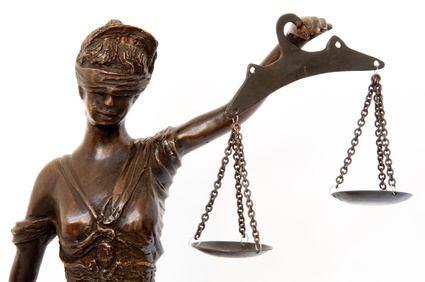
Copyright Infringement on the Internet – Damage in Germany for the World?

When copyrights are infringed on the internet, collecting damages is often a lengthy process. This is because, unlike analogue infringements, infringements on the internet are not limited to a local area but take place “worldwide”. An international music publisher has now attempted (so far unsuccessfully) to collect “worldwide damages” for unlicensed use of a composition (see Landgericht Berlin II, judgment of 28 August 2024, case no. 15 O 260/22).
The facts of the case
Two music publishers brought proceedings against a Swiss cantonal bank. However, the defendant bank has no branch, no local representative office, no banking license and no significant German customer base in Germany.
The defendant bank produced an image film in 2014. The image film was accessible between 2014 and 2020 on various websites of the defendant or its French subsidiary, as well as on the defendant’s YouTube channel, and was also accessible in Germany. The websites are in French, English and German and contain contact details (addresses and telephone numbers) for France and Switzerland and link to Swiss top-level domains.
The image film contained a musical work for which the composer had transferred the rights of film production and advertising use to the music publisher and had authorized the music publisher to enforce moral rights. The musical work had not been licensed for the image film.
The claims asserted by the music publisher had two peculiarities:
1. The music publisher claimed only the composer’s moral rights.
2. The music publisher sought (among other things) worldwide damages in a specific amount of EUR 740,000.
The decision
The music publisher was unsuccessful in its claim.
The Landgericht Berlin II held that, under Article 5(3) of the Lugano Convention, it had no jurisdiction over copyright infringements outside Germany and was only competent to decide on the damages caused in Germany. The fact that “moral rights” are claimed in the present case does not change this. A decision of the European Court of Justice (ECJ) according to which an action for damages for the infringement of personal rights by content published on a website can be brought at the place of the infringement in order to obtain compensation for the entire damage suffered (see ECJ judgment of 25 October 2011, C-509/09 and C-161/10 – eDate Advertising) is not applicable in copyright law.
In addition, the court found that – to the extent that the court had jurisdiction at all – there was no infringement of the “making available to the public”-right (Section 19a UrhG) in the present case. This is because the upload did not take place in Germany, nor was Germany the place where the image film or composition was made available to the public as intended. The advertising in question had no particular connection to Germany, since, among other things
· the top level domains were targeted at the French and Swiss markets,
· the design of the websites with contact details for France and Switzerland did not indicate that the Federal Republic of Germany was the target, and
· the defendant bank was not targeted at Germany as it did not have a branch, a local representative, a banking license or a significant German customer base.
Furthermore, the court rejected an infringement of the author’s moral rights for advertising purposes (Sections 14, 23 UrhG). The court found that this right is ancillary to the use of the copyrighted work in Germany and that the infringement also requires sufficient domestic connection to the infringing act, which is lacking in the present case.
Practical Guidance
The decision of the Landgericht Berlin II is not final; the music publisher who lost the case filed an appeal. The significance of the appeal decision is particularly important for music publishers: if the Court of Appeal rules in favor of the music publisher, damages for the unlicensed use of musical works in videos could in many cases be claimed worldwide in Germany. The impact on the enforcement of so-called “synch rights” would be enormous.


